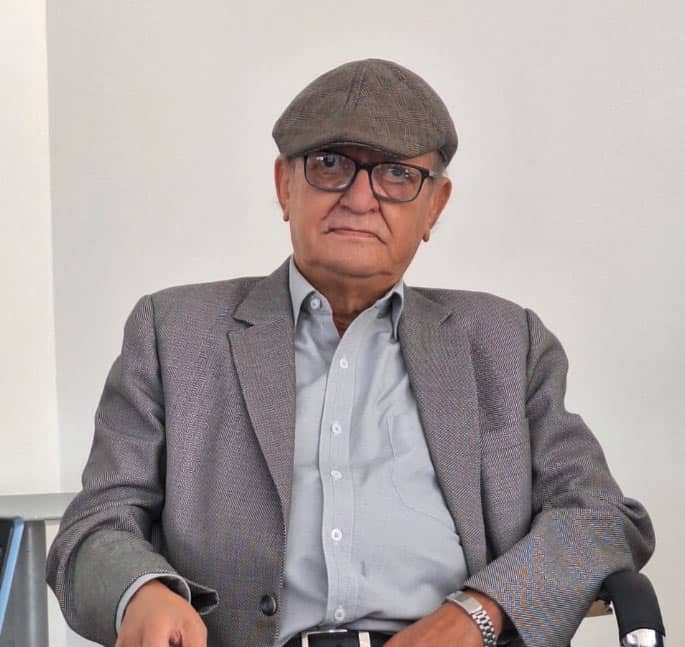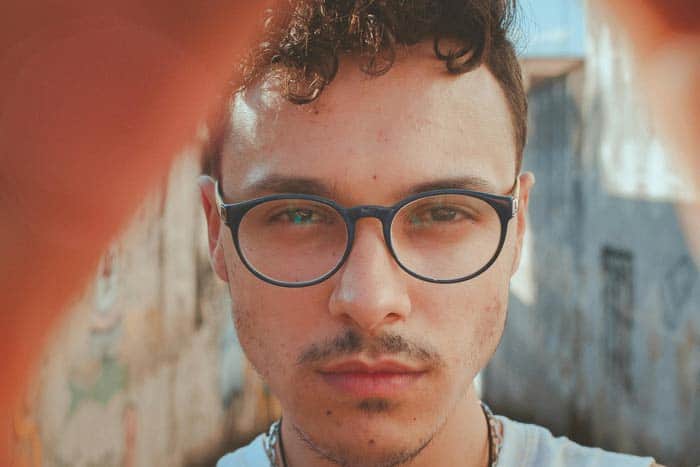In Mexico, in recent years, various initiatives have been proposed to establish a law on youth. These proposals seek to recognize young people as subjects of rights and fundamental actors in social development. However, they have faced obstacles such as a lack of political will and discontinuities in government institutions, leaving a legal vacuum in specific policies for youth.
To address this situation, it is essential to have a solid regulatory framework that recognizes young people as key actors in their own development and that of their communities. This would not only increase the legitimacy of public policies, but would also reflect the diversity of youth and foster their development in crucial aspects.
A fundamental condition of this framework would be to promote the active participation of young people in the formulation, implementation and evaluation of public policies that affect them. This needs to be aligned with the United Nations 2030 Agenda for Sustainable Development, which emphasizes the importance of youth participation as a requirement for sustainable development.
It is relevant to mention the Law of Youth of the Federal District (2000) and the Law of the Rights of Young People in Mexico City (2015), which recognized young people as subjects of rights in areas such as employment, education, health, culture and recreation.
However, key issues need to be addressed, such as the definition of youth within these legal frameworks, taking into account their diversity. The spaces for participation and the actors involved in the implementation of these policies must also be determined, as well as establishing an effective institutional mechanism.
It is important to highlight the role of academics, collectives, organizations and social movements that propose public policies from their perspectives on youth. These actors emphasize the need for the government to clearly define the areas of intervention and those that will not be addressed in relation to young people.
In this fifth edition of our platform, we share experiences from the testimonial territory of Valeshka Alexandra Espinosa Downton and Frida Paola Valverde Flores, as well as from the organizations Manada and Juventudes Tejiendo Lazos, as well as from Nacional Monte de Piedad and Fundación Coppel, where youth organizations have built responses based on solidarity efforts, sharing knowledge and skills.
In addition, these spaces become laboratories where young people gain training and cultural opportunities, working together to address the urgent issues that affect them.
These experiences are the seeds of a public policy based on the perspectives and needs of young people.







